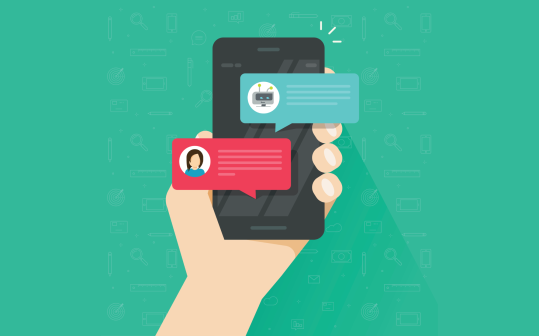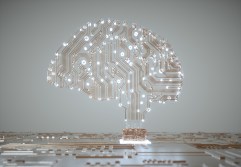After the pandemic, AI tutoring tool could put students back on track

The coronavirus pandemic forced students and researchers at Carnegie Mellon University in March to abruptly stop testing an adaptive learning software tool that uses artificial intelligence to expand tutors’ ability to deliver personalized education. But researchers said the tool could help students get back up to speed on their learning when in-person instruction resumes.
The software, which was being tested in the Pittsburgh Public School District before the coronavirus outbreak began closing universities, relies on AI to identify students’ learning successes and challenges, giving educators a clear picture of how to personalize their education plans, said Lee Branstetter, professor of economics and public policy at Carnegie Mellon University.
When students work through their assignments, the AI captures everything students do, Branstetter told EdScoop. The data is then organized into a “statistical map,” which allows teachers to easily keep track of each students’ personal learning needs.
“So the idea is that a tutor doesn’t have to be standing behind the same student for hours to know where they are,” he said. “The system can help bring [educators] up to speed, but then the tutor can provide that human relationship and that accountability and that encouragement that we know is really important. We’ve known since the early 1980s that personalized instruction can make a huge difference in learning outcomes, especially in students who aren’t necessarily the top learners in a classroom setting.”
But with the learning technology of the 80s, there was no way to deliver personalized instruction at an acceptable cost.
“In the decades since, artificial intelligence come a long way,” Branstetter said. “What we’re trying to do in the context of our study is to take this learning software and pair it with human tutors because … an important part of the learning process is the relationship between instructors and students. We realize that software can never replicate the ability of human instructor to inspire, to encourage and to hold students accountable.”
Although testing on the new tool was cut short when schools ceased in-person instruction, Branstetter said the disruption could actually be a good testing environment for the tool, and hopes to resume testing once schools reopen to help students recover lessons lost as a result of the pandemic.
“I think what’s almost certain to emerge is that they’re going to be students that are able to continue their education and students that are not, and the students that were already behind are going to fall further behind,” he said. “And so we really feel that the kind of personalized instruction that we can provide in the program … will be more important and necessary than ever.”




